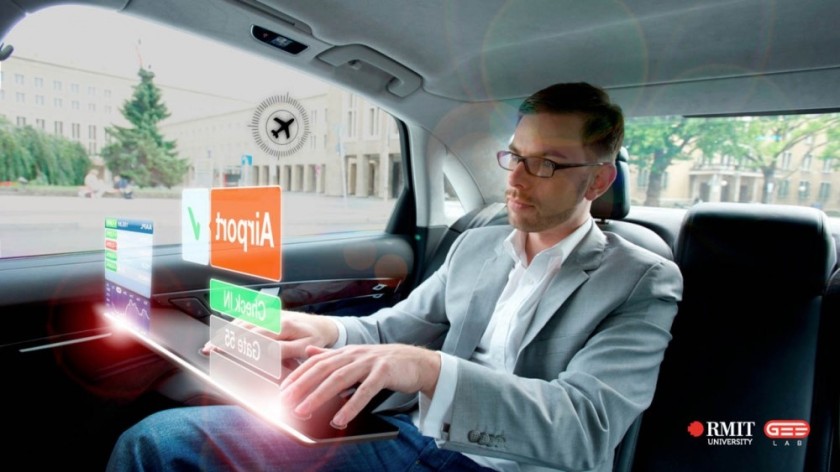Entertainment, an individual and sharing client experience
A post by Aurélie LE BORGNE, MSc student in Digital Marketing @KEDGE Business School.
A life without entertainment doesn’t exist. The era of entertainment in our lives hasn’t stopped growing and has now become a real digital economy. Now, entertainment experiences have become 100% tailored and personalized, and they adapt on consumers’ tastes. Such incredible experiences are possible for about ten year now, since Internet navigation and companies can know our expectations better. It’s now possible to qualify users surfing online in terms of their choices and clicks, even if he/she hasn’t logged in. Data are there and with technologies now they enables new forms of creativity.
How about customized book written just for us?
Do you known “Emily Howell“? Sorry, she is not a new favorite compositor, but a computer program which composes its proper music thanks to a music library database and takes into account what the audience asks. So, Emily can develop its own music style thanks to opinions and data and provide personalized music for listeners. When we know that robots already write articles for the American press for sportive records based on match statistics, it’s not crazy to imagine one day a writer making just for us a personalized book or press articles we want to read.
The New York Times research and development Lab wants to create media spaces around people with mirror screens, with a face recognition system so that every person using it will have a different experience, and it will be staged around people’s habits. This mirror could broadcast press articles or TV flash information, traffic information to take the best way for work, etc… The goal is to offer an experience all day long based on existing interaction data, on a better format and support, with relevant news and information.
I’m talking about this new revolution because it starts now: all TV and radio can be broadcasted for the audience when they want it, and they are free online with podcasts or replay format. With the existing content, we must just create the right, smart, platform to use existing data and build personalized programs. They platforms could be financed thanks to online and personalized advertising. These ads will be relevant in a context where user don’t need to zap or could permit to earn money for platform growth. Netflix began to do this with suggestions of things to watch.
To conclude we are the “digital native”: we won’t consume entertainment created for the mass media anymore, we want to participate, to co-create and we want information to be staged.
We, as consumers, are the new actors of our experience: we occupy the backstage, the writing room and go on stage!
Aurélie LE BORGNE

0 Comments
Be the first to comment on this article.
Many thanks for your excellent report, your experience will be useful to me!